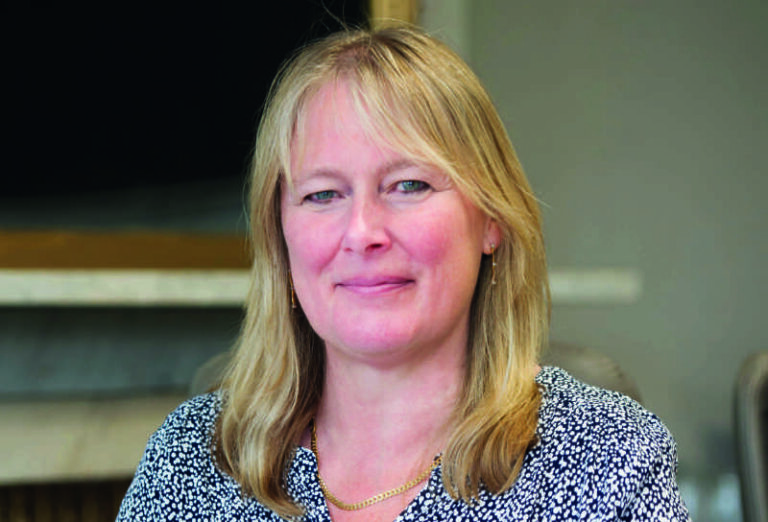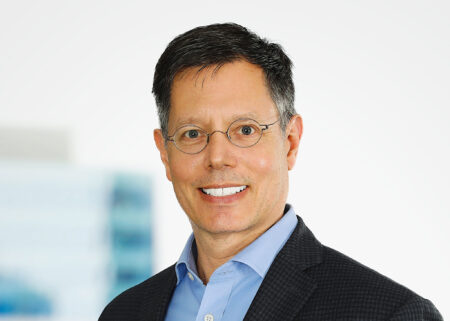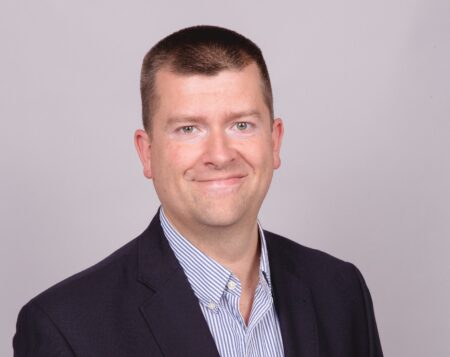How did you get into aviation?
Academically, I had a natural leaning to the sciences. At the time, engineering was not widely considered a female career and there was a government supported promotion to bring women into the sciences. I combined my interests in engineering and travel and so approached aviation companies when applying for university sponsorship. I was lucky enough to be offered an undergraduate apprenticeship by Rolls-Royce.
What areas do you specialize in?
I am at my best overseeing a whole engine operation from both a technical and costing position. As an apprentice, I worked across several fields, but I enjoyed working on the development of a new engine, the V2500 the most and worked on the program through to certification. Following that I moved into dealing with flying aircraft and the airlines.
How has your career evolved?
I have been involved with whole engine operations since 1988 when I became a Rolls-Royce service representative. However, rather than cover the day-to-day, hands-on management of the engines within an airline, I now provide the bigger picture advice on the costs associated with operating an engine and how to minimize them.
This includes things like contract negotiations, advice on best practice for management of shop visits and management of leased engines. It would not be possible to effectively provide this advice without having spent time in the departments and gained the experience first-hand.
What is the proudest achievement of your career?
Becoming Rolls-Royce’s first female service representative. It was such a landmark at the time, that I featured in their magazine! A service representative is stationed at an airline and provides the on-site technical support. At the time this was a chauvinistic department and there was a lot of resistance to my joining.
What is the most challenging or rewarding project you’ve been part of?
Choosing an engine type for an airline to be installed on a new airframe is always a challenging project. If the engine options are new, then there is always unknowns about whether the engine will perform as advertised.
The most challenging and rewarding now are when I serve as an expert witness in court, when there is a dispute between two parties. After 40 years in the industry, it is rewarding to have found an area where I can apply all the experience I have gained, but providing testimony in court is not easy.
What advice would you give to young women interested in pursuing a career in aviation and engineering?
First and foremost, always keep your eyes open for opportunities and never be afraid to seize them. Every opportunity is a chance to grow and develop your skills. Consider apprenticeships, academies, university degrees, or gaining practical experience. Each of these routes has its own advantages, and the choice should align with your personal circumstances and preferences. Aerospace offers a multitude of pathways and specializations. If you’re uncertain about a specific area, don’t worry. The field has something for everybody and it is constantly evolving and innovating. Embrace the dynamic environment.





